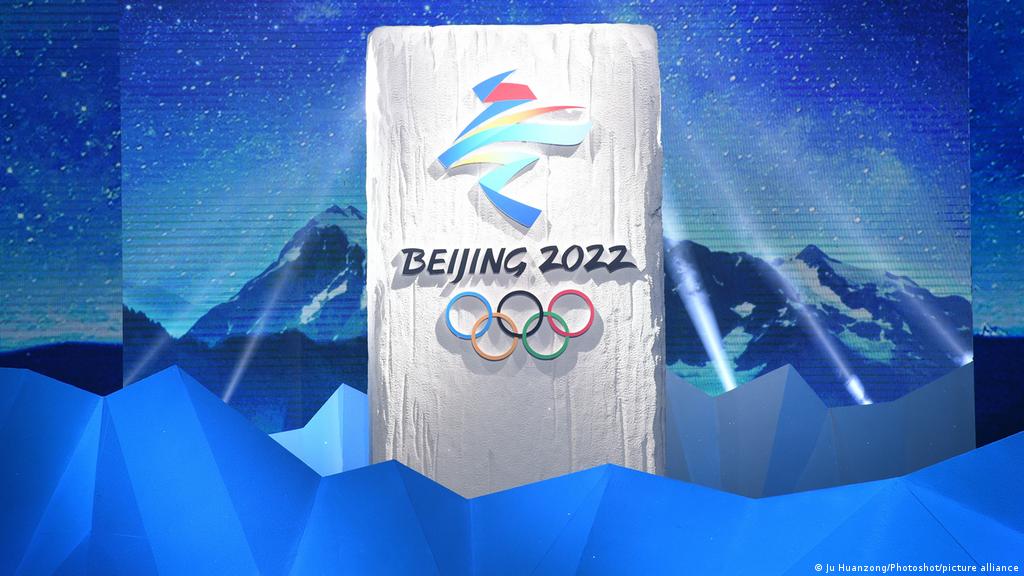
Dartmouth students love the Winter Olympics. As one typically articulate Heorot put it to me this week, “the Summer Olympics, they’re kind of eh, but the Winter Olympics are fire.” Even two hours watching a mind-numbing curling competition didn’t seem to change his opinion. Dartmouth students are tuning into the winter games in Collis and the house centers as well as in their dorm rooms.
As a fifth-year senior, I have watched two sets of Winter Olympics as a Dartmouth student. The Sochi Games occurred during my freshman winter, and they similarly had the student body enraptured. My hypothesis is that this phenomenon has a dual cause. First, is that Dartmouth students, as a rule, are huge winter sports enthusiasts. Even the most inconspicuous NARPs are often accomplished skiers and at least competent or better in another winter sport. This certainly leads to greatly increased interest in the winter sports that so many Americans—myself included, as a born-and-raised Floridian—regard as foreign and rarefied.
However, beyond just personal interest, many Dartmouth students know Olympic or pre-Olympic winter athletes. Several Big Green athletes, both current and former, represent Team USA at the Olympics or have realistic hopes of doing so in the future. It is a special experience to have personal connections to the Olympics, the preeminent display of human athletic excellence. These connections will always make the Winter games especially compelling for Dartmouth students.
Most interesting to me, these campus connections to Team USA have made for genuinely thoughtful conversations about the diplomatic boycott of this year’s games. I was pleasantly surprised when the Biden Administration announced a diplomatic boycott of the Beijing festivities due to concerns about the CCP’s myriad human rights violations. I had essentially no confidence that they would publicly chastise the CCP over anything, so even this slap on the wrist was cause for celebration. Nevertheless, in my campus social circles, I have been an ardent and vocal supporter of a full boycott of the Olympics. I expected to push back to come from those who felt criticism of the CCP was unfounded or, even more insidiously, that the United States was in “no place” to criticize the CCP due to some belief in the evil inherent to American society. I have gotten a bit of this, but most students share my concerns about the CCP; they simply feel that American athletes shouldn’t be deprived of their chance to represent our country on the Olympic stage if the political point can be made using means short of a full boycott. This argument was made to me with great gusto and was effective in large part because I know some of the Dartmouth-students-turned-Olympians or Olympic hopefuls: one was on my freshman floor, one was my Engineering TA, two others were members of different Bible studies I have attended over the years. It did seem cruel to deprive these athletes, my peers—who I know to be kind, hardworking, and very proud to represent the United States—of their longest pursued dream. These conversations with my peers about our peers really have changed my mind on this issue. Team USA should be competing at the Olympics, and I have loved watching them do so, even though winter sports are hardly my forte.
A second pleasant surprise for me has been the willingness of so many who I had little confidence in—from my politically conformist peers to members of the mainstream media—to openly criticize the repressive anti-democratic Chinese government. These Olympics are certainly fraught, but this widespread acknowledgment of the CCP’s practices of genocide and oppression, attempts to incur on the freedom of the sovereign nation of Taiwan, and the odious propagandizing at these Olympics, has given me hope for a global struggle like that which followed the 1978 Olympics as opposed to the 1936 ones.
In a recent late night in the Review office, we watched “Munich — The Edge of War.” An interesting spy drama, it painted a vivid image of the anti-War zeitgeist of interwar Britain. The British were so scarred by the horrors and loss of the First World War, many remained willfully blind to the atrocities of the ascendant Nazi Party in Germany. This blindness facilitated a slavish devotion to appeasement, one that would haunt Chamberlin’s legacy. Nevertheless, this film made the British practice of interwar appeasement understandable—it was driven by well-founded fears of another devastating conflict.
I do truly hope that our diplomatic boycott of these Olympics is an indication that we will not follow a path of appeasement and instead adopt a Cold-War stance typified by the full boycott of the 1978 Olympics during which even conflict-adverse Carter was compelled to condemn the USSR. This is a hope that is shared by many of my classmates, regardless of political affiliation. Nevertheless, there remains a small but intransigent minority on campus who oppose even this mild diplomatic boycott. They are not afraid of the atrocities of a violent war, they are not even CCP apologists—they simply are so committed to their belief that the United States is the evilest and most ill-intended nation in the world that it is inconceivable that we could rightfully criticize another nation. It is their hatred of the US that drives their blindness to the evils of the CCP. Their poorly informed, near-sighted belief in the United States as some sort of living hell might very well lead them into it.

A great edition. Congratulations to the talented writers.